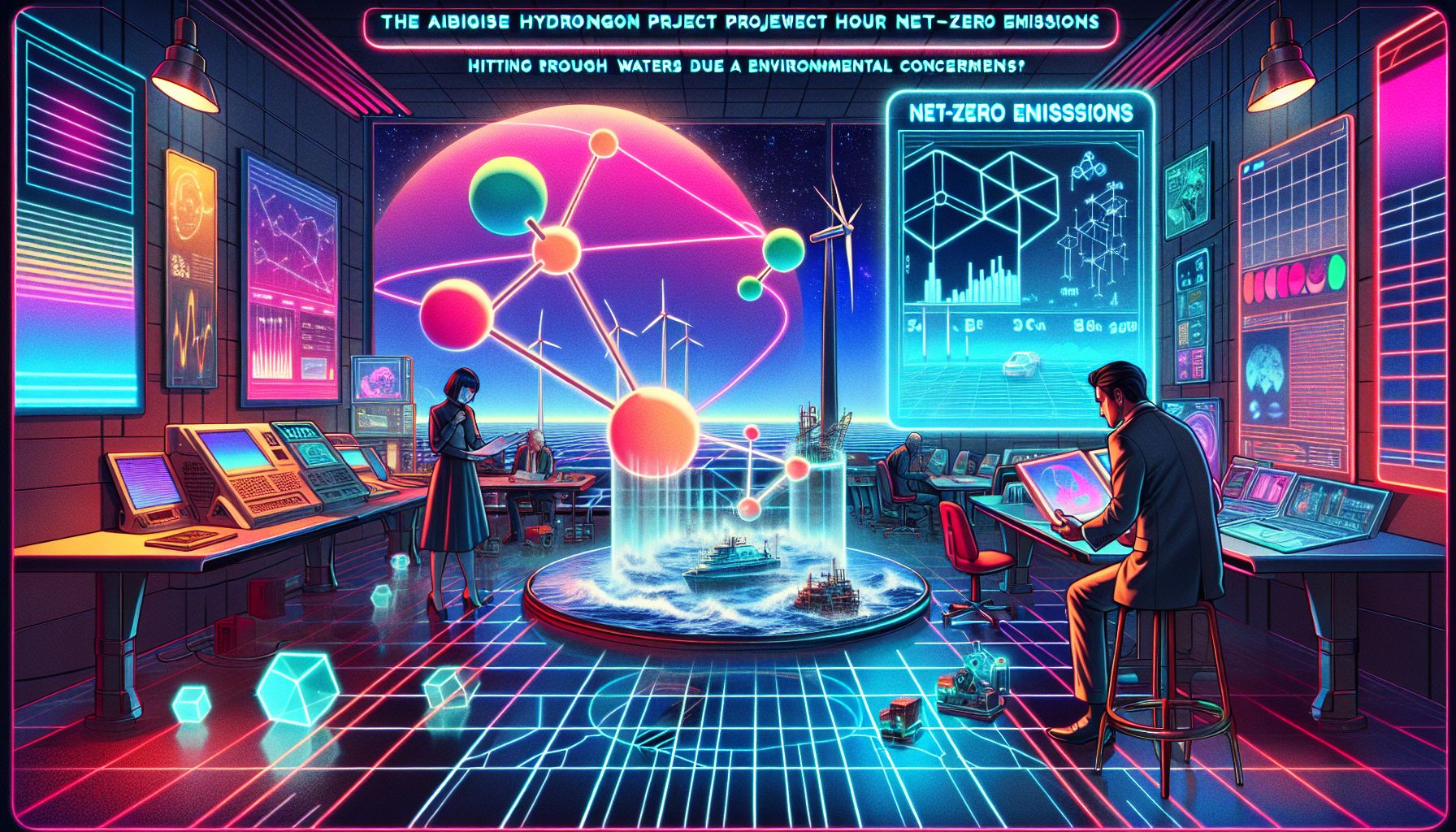Japan-Australia Hydrogen Odyssey Hits Rough Waters

Tokyo, Monday, 31 March 2025.
The ambitious hydrogen project between Japan and Australia stumbles over environmental concerns. While Japan aims for net-zero, debates rage on blue versus green hydrogen’s true climate impact.
Project Scale and Initial Ambitions
I’ve been tracking the billion-dollar Hydrogen Energy Supply Chain (HESC) project, which represents a massive investment with Japan’s government pledging 220 billion yen (approximately $1.4 billion) toward its commercial demonstration phase [1][2]. The project’s original goal was ambitious: to produce enough hydrogen to reduce CO2 emissions by 1.8 million tonnes annually [3]. To put this in perspective, Japan’s energy sector emitted 974 million tonnes of CO2 from fuel combustion in 2022 [4].
Current Challenges and Pivot
The project has hit a significant roadblock. Due to strong opposition from environmental activists and lack of approval from the Victorian government, HESC is now planning to source its hydrogen from Japan instead of Australia [1][5]. As Daisuke Akimoto from Tokyo University of Information Sciences explains: ‘The main problem the project faces is the lack of approval of the blue hydrogen project by the Victorian government’ [1].
Technical Hurdles and Expert Skepticism
The technical challenges are daunting. Shipping hydrogen requires cooling it to an extreme -253°C (-423.4°F), making it an expensive and energy-intensive process [1]. David Cebon, an engineering professor at the University of Cambridge, points to a ‘critical evidence gap’ in the project - particularly regarding carbon capture and storage technology, which he notes is ‘not being done successfully anywhere’ [2]. The Australia Institute’s Mark Ogge puts it bluntly: ‘I think wiser heads in the government just realised how crazy it is’ [5].
Future Outlook
Despite these setbacks, Kawasaki Heavy Industries maintains optimism, stating ‘there is no change to the goal of building a new supply chain’ [3]. However, the project’s future remains uncertain, especially given that Kansai Electric has already withdrawn from a separate Australian green hydrogen initiative [1]. IEA hydrogen advisor Noe van Hulst offers a measured perspective: ‘It is hard to develop a low-carbon hydrogen market and it will take decades’ [5].